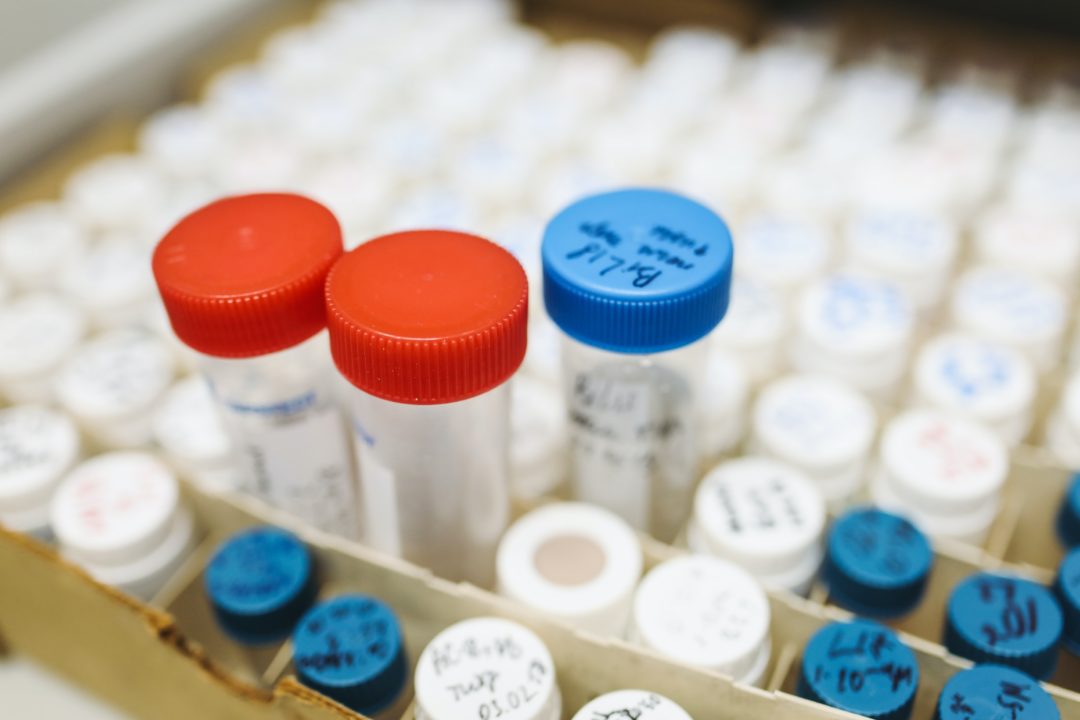The International Testing Agency (ITA), in conjunction with World Aquatics, has sanctioned Bolivian physician Dr. Matheus Das Neves Borgo with a six-year period of ineligibility following violations of anti-doping regulations. The decision comes after a detailed investigation found Dr. Borgo responsible for administering a banned substance and facilitating its use, violations of Articles 2.8 and 2.9 of the World Aquatics Anti-Doping Rules.
According to the ITA, Dr. Borgo requested a supplement manufacturing laboratory to add Furosemide—a prohibited diuretic—to custom supplements. These supplements were used by swimmer María José Ribera Pinto, who subsequently tested positive for the substance. The investigation concluded that Dr. Borgo not only arranged for the substance to be added, but also instructed the athlete on its use.
The Aquatics Integrity Unit (AQIU) acknowledged the ITA’s decision and emphasized the seriousness of the violation. Dr. Borgo accepted the charges and did not contest the sanction. In line with Article 8.1.3 of the World Aquatics Anti-Doping Rules and corresponding provisions of the World Anti-Doping Code, the ITA issued the sanction without the need for a hearing.
Effective from June 12, 2025, Dr. Borgo’s ban will last until June 11, 2031. During this time, he is barred from participating in any competitions or activities authorized by World Aquatics, its member federations, or any organizations signatories to the World Anti-Doping Code.
As for Ribera Pinto, she has been provisionally suspended since August 2024. Proceedings regarding the potential consequences of her anti-doping rule violation—including those that may extend beyond the Paris 2024 Olympic Games—are currently pending before the Anti-Doping Division of the Court of Arbitration for Sport (CAS). A final decision on her eligibility and any sanctions should come in the next few months.
Furosemide is often used in weight loss drugs. It increases urine production and helps the body eliminate excess water and salt, which can be useful in sports like boxing or weightlifting where there are weight classes and where lower weight can be an advantage.
It can also be used, in theory, to dilute the presence of and flush the body of other banned substances before a doping control test. Studies have shown, however, that its effectiveness as a masking agent is limited.
It is also used in horses to prevent a condition that causes bleeding in the lungs during exercise.
Notably, Furosemide also triggered a positive test for Australian former breaststroke world record holder Brenton Rickard, who was ultimately cleared of wrongdoing. Other athletes, such as Russian swimmer Valeriya Salamatina, accepted bans related to the substance, with Salamatina receiving a two-year ban last month without appeal.
